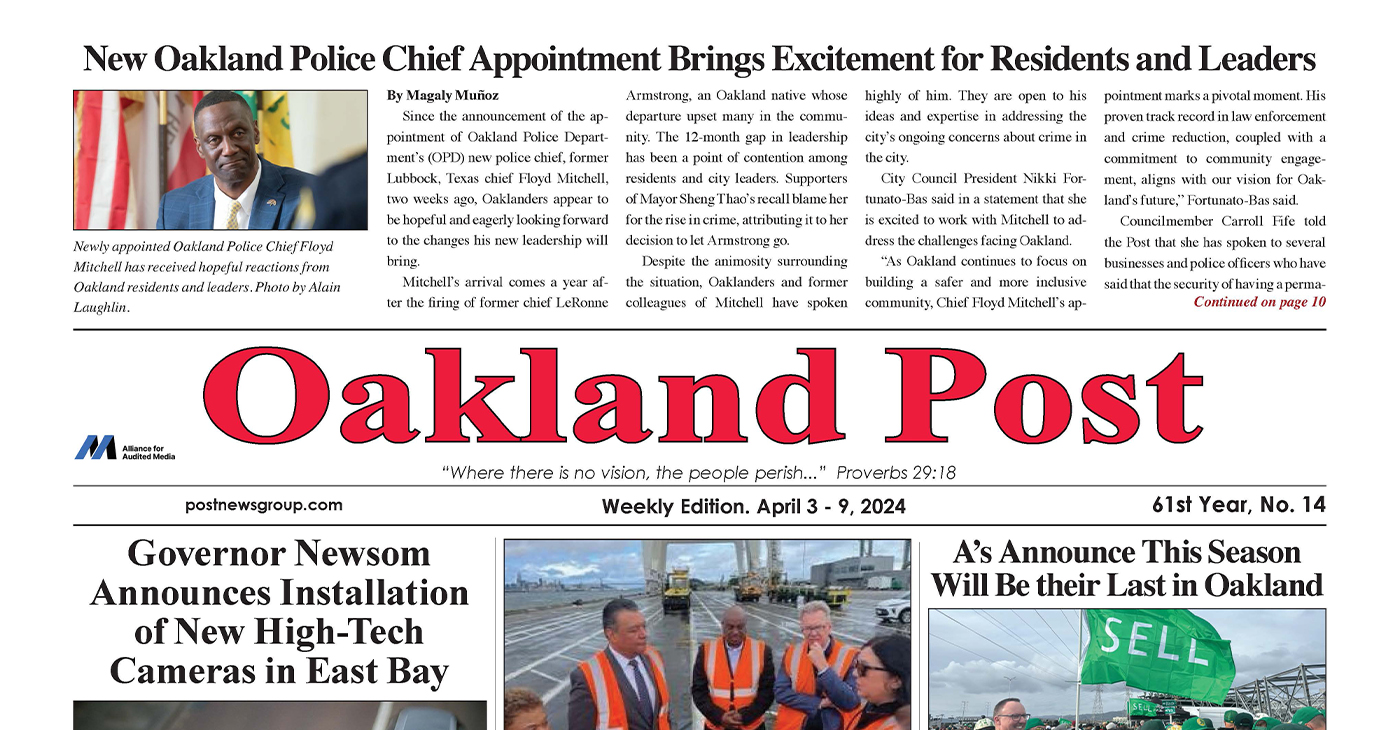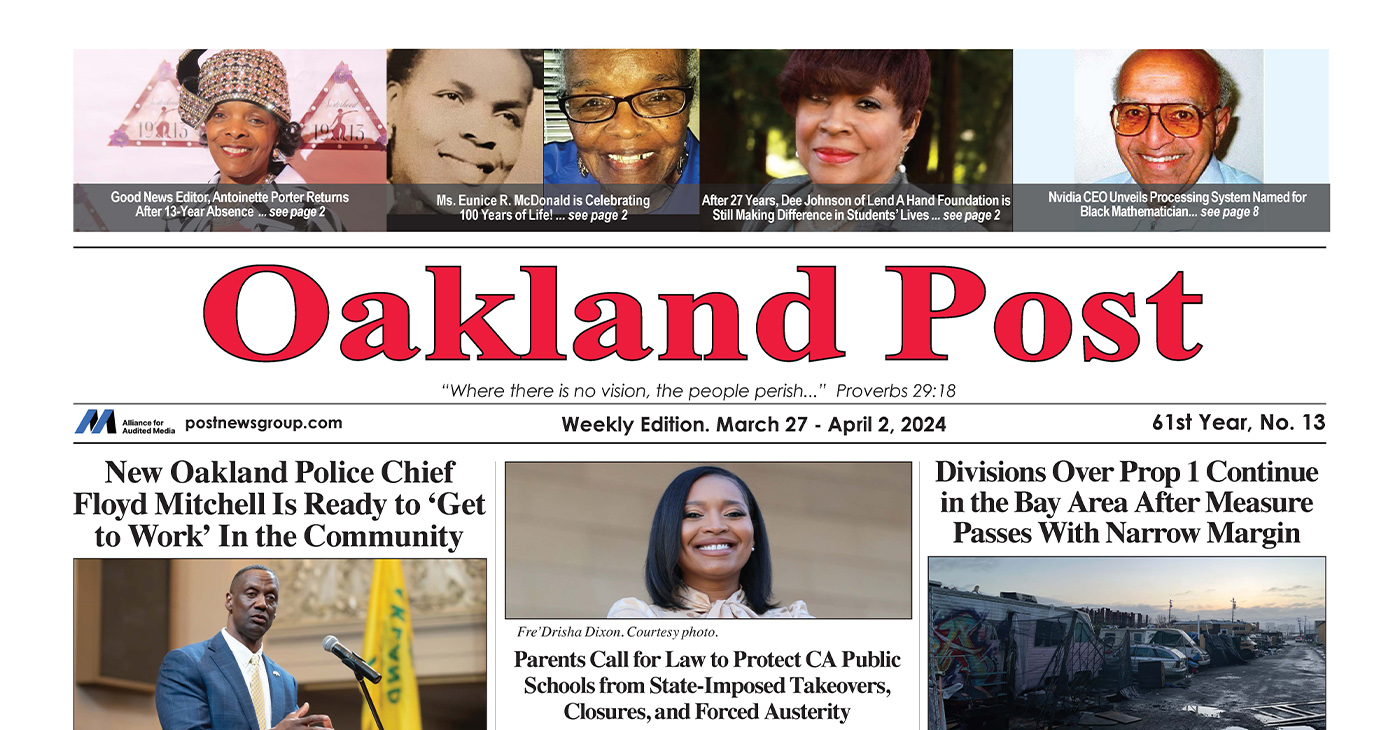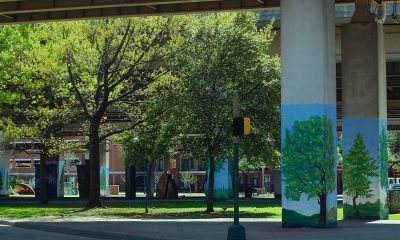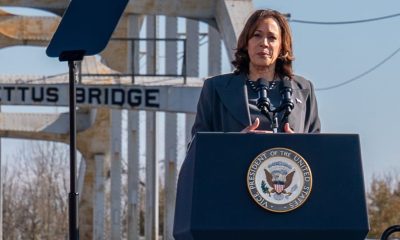Bay Area
Legislation to Allow Private Overdose Prevention Sites to Open OKd by S.F. Board of Supervisors
The Board of Supervisors unanimously approved legislation introduced by Mayor London Breed and Supervisor Hillary Ronen that opens the door for non-profits to operate drug overdose prevention sites in San Francisco with private funding. Tuesday’s vote removes a recently identified permitting barrier to moving forward with a non-city funded overdose prevention program while the City waits for federal guidance on whether it can fund such programs with public dollars.

Legislation authored by Mayor Breed and Supervisor Ronen builds on the City’s larger efforts to curb drug overdoses and save lives
The Board of Supervisors unanimously approved legislation introduced by Mayor London Breed and Supervisor Hillary Ronen that opens the door for non-profits to operate drug overdose prevention sites in San Francisco with private funding.
Tuesday’s vote removes a recently identified permitting barrier to moving forward with a non-city funded overdose prevention program while the City waits for federal guidance on whether it can fund such programs with public dollars.
While federal and state legal issues on publicly funded overdose prevention sites in San Francisco are yet to be resolved, the City has continued conversations with leading non-profits around opening a privately funded site.
As part of this process, the City identified a significant issue to be addressed for a privately funded site to move forward. To address this issue, Breed and Ronen introduced legislation last month to repeal the 2020 permitting structure; the Mayor asked President Peskin to expedite the ordinance so that the City could adopt it as soon as possible.
“This legislation is part of our work to bring down the number of fatal overdoses and tackle the challenges driven by fentanyl head on,” said Breed. “We will continue to work with our non-profits partners who are trying to open overdose prevention sites, fully implement our health strategies to help those struggling with addiction in our streets, and work with law enforcement to close the open-air drug markets.”
“Repealing this ordinance would eliminate a burdensome permitting structure to opening overdose prevention sites,” said Ronen, District 9 Supervisor. “We need solutions to open-air drug use and chaotic conditions on the streets. Overdose Prevention Sites are a proven solution to these problems and save countless lives.”
In 2020, the Board of Supervisors approved legislation establishing a permitting structure for city-funded overdose prevention programs. As written, this law did not allow for any overdose prevention program to open until California authorized the City to do so, whether it’s funded by the City or by private resources.
Since that law was enacted, non-profits in New York have opened overdose prevention sites without public funding, and various non-profits in San Francisco have expressed interest in doing the same. San Francisco’s current law would not allow them to do so.
San Francisco will continue to move forward innovative solutions to help people struggling with substance use disorder and further reduce the number of fatal overdoses as part of the City’s comprehensive overdose prevention plan. The plan includes expanding access to substance use treatment and services, such as recovery programs and medicated assisted treatment, doubling the distribution of naloxone in the next three years, increasing social support for people at risk of overdose, and improving the conditions in communities where drug use occurs.
The overdose prevention plan also incorporates the establishment of wellness hubs as a cornerstone of the City’s efforts to reduce fatal overdose deaths. These sites will provide overdose prevention services and resources, services to improve health, and linkages to treatment.
“Wellness Hubs are a vital part of the San Francisco Department of Public Health strategy to reduce overdose deaths,” said Dr. Hillary Kunins, director of Behavioral Health Services. “Wellness Hubs will improve the health and wellness of people who use drugs by offering tailored services that reduce risk of overdose death, and offer or connect people to services like treatment for substance use and mental health concerns, medical care, benefits, and more. Today’s vote will help us move forward with this important, lifesaving work.”
“The opioid epidemic continues to take an immense toll on our City and claim the lives of far too many San Franciscans,” said City Attorney David Chiu. “To save lives, I continue to support a non-profit moving forward with New York City’s model of overdose prevention centers. Repealing this ordinance is one step towards that goal.”
Activism
Oakland Post: Week of April 10 – 16, 2024
The printed Weekly Edition of the Oakland Post: Week of April 10 – 16, 2024

To enlarge your view of this issue, use the slider, magnifying glass icon or full page icon in the lower right corner of the browser window. ![]()
Activism
Oakland Post: Week of April 3 – 6, 2024
The printed Weekly Edition of the Oakland Post: Week of April 3 – 6, 2024

To enlarge your view of this issue, use the slider, magnifying glass icon or full page icon in the lower right corner of the browser window. ![]()
Activism
Oakland Post: Week of March 27 – April 2, 2024
The printed Weekly Edition of the Oakland Post: Week of March 27 – April 2, 2024

To enlarge your view of this issue, use the slider, magnifying glass icon or full page icon in the lower right corner of the browser window. ![]()
-

 Activism4 weeks ago
Activism4 weeks agoOakland Post: Week of March 20 – 26, 2024
-

 #NNPA BlackPress3 weeks ago
#NNPA BlackPress3 weeks agoMayor, City Council President React to May 31 Closing of Birmingham-Southern College
-

 #NNPA BlackPress3 weeks ago
#NNPA BlackPress3 weeks agoFrom Raids to Revelations: The Dark Turn in Sean ‘Diddy’ Combs’ Saga
-

 #NNPA BlackPress3 weeks ago
#NNPA BlackPress3 weeks agoCOMMENTARY: D.C. Crime Bill Fails to Address Root Causes of Violence and Incarceration
-

 #NNPA BlackPress3 weeks ago
#NNPA BlackPress3 weeks agoCOMMENTARY: Lady Day and The Lights!
-

 #NNPA BlackPress3 weeks ago
#NNPA BlackPress3 weeks agoBaltimore Key Bridge Catastrophe: A City’s Heartbreak and a Nation’s Alarm
-

 #NNPA BlackPress3 weeks ago
#NNPA BlackPress3 weeks agoBaltimore’s Key Bridge Struck by Ship, Collapses into Water
-

 Activism3 weeks ago
Activism3 weeks agoOakland Post: Week of March 27 – April 2, 2024







































